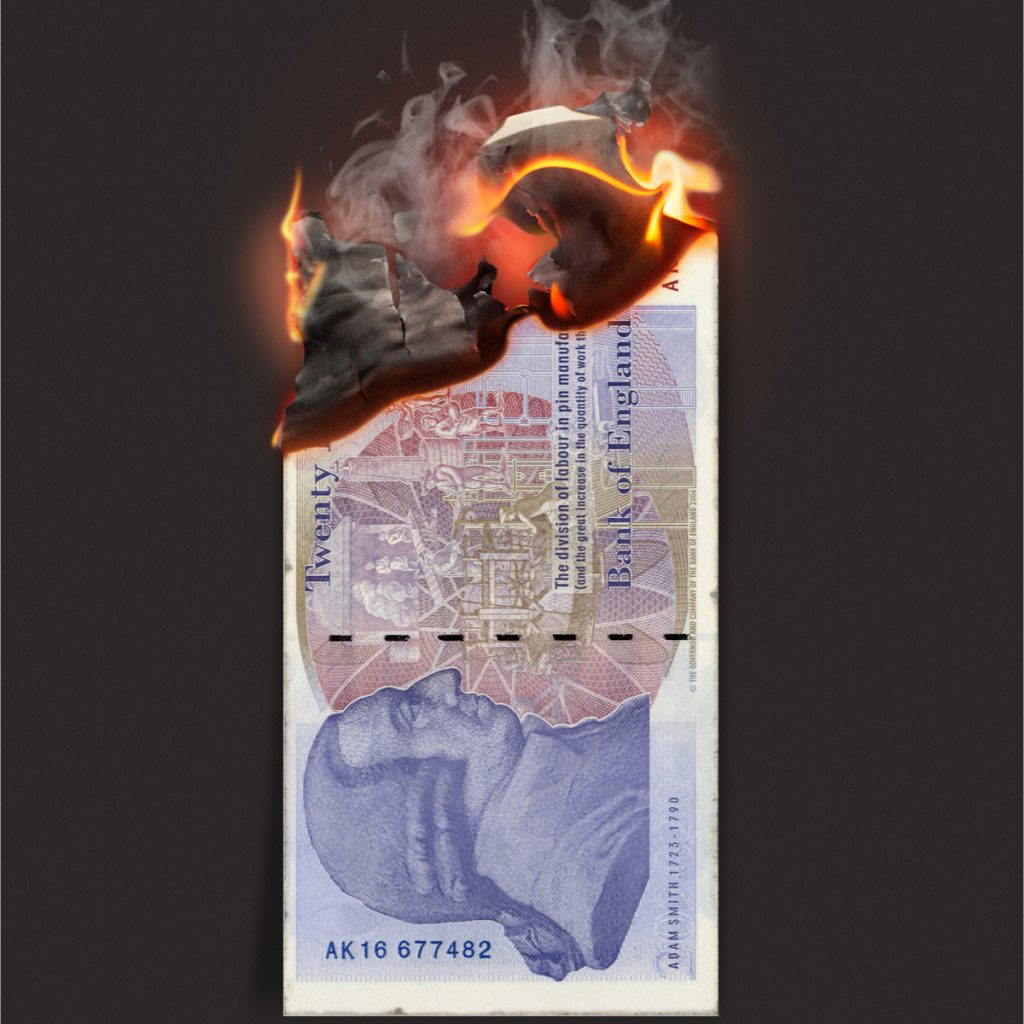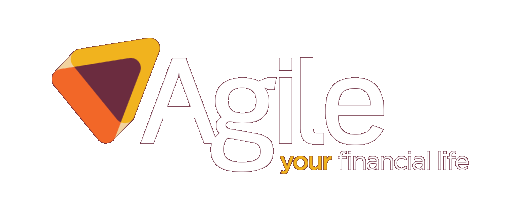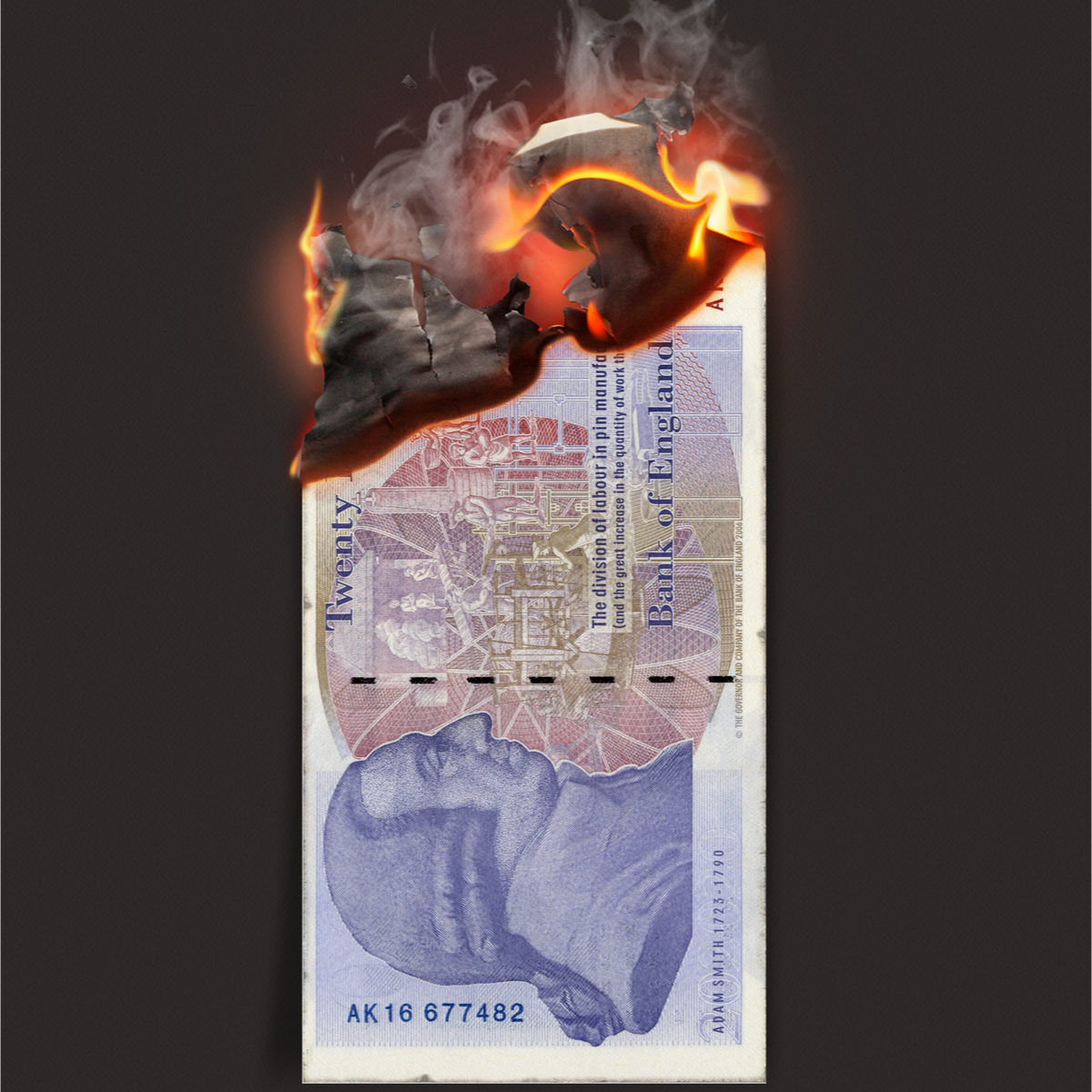Hello again readers! I hope you are all well and getting to grips with the second new normal. Over the last few months we have been trying to ‘control the virus’ and I have been trying, probably with more success, to ensure that this temporary blip in the road doesn’t lead to irrational investor behaviour. What I’m failing at is the urge to link these posts to coronavirus. I’ll stop soon I’m sure, but for now, here’s another insight that could help you to use the impending further lock down to take positive steps for your financial future. This week the topic is inflation, the silent killer of your nest egg.

What’s your number?
Everyone should have a number. For everyone it’s different. What number? Your number. The one that represents the amount of money you’re going to need for retirement. The one that let’s you answer ‘yes’ to the question ‘am I going to be OK’? The number is the answer to the sum of your life. It’s based on the lifestyle you want in the future and have become accustomed to after your years of toil. So what if slowly and silently the value of the money it represents was siphoned off? So sneakily and slowly that you never realised, until all of a sudden you hit 70 and find that your three weeks in the Caribbean have turned into a caravan in Cleethorpes?
There are a few predators that can deviously devour your retirement nest egg if they aren’t kept in check. Some of these you can control, such as the charges on your investment portfolio. There are others such as tax, which you can control to a certain extent, by making use of your tax efficient allowances such as ISA’s and pensions. Don’t worry, I intend to delve deep into these topics on future blog posts so sit tight! For today however, I will concentrate on one killer that you unfortunately have absolutely no control over – and that’s inflation.
Headline returns
Every investor hopefully wants to generate real returns after charges and tax and should do everything in their power to keep these as low as possible. This is just a no brainer. But what else? The media spends much of it’s time giving us headlines and never more than over the last few months. I’ll give you two examples of this.
Savings rates
We are always aware of changes in the Bank of England rate and the subsequent change in savings rates. During the first few weeks of recent government support for firms and individuals, some of the best rates around could be found at National Savings. I never thought I would be saying to clients that for funds held in instant cash (and this should only be your emergency funds people!) they should use premium bonds. Alas, the amazing return of 1.4% has now come to an end and has reduced to a mere 1%. It was only kept high because the government needed your money. Now it appears they want it less and last week has seen commentators jump all over this.
The markets
For the investors out there (and even if your only asset is a workplace pension you are an investor) you may have been paying more attention to the level of the stock market. We have recently had daily headlines of ups and downs, sometimes in the region of 9%. You always hear about the downs more than the ups! Of course you shouldn’t have been giving this more than a passing glance. These are temporary falls. If this ever isn’t temporary, capitalism will have failed. We will have much more to worry about.
For the financially informed, the stock market (and by this I mean global businesses) represent the best long term return available. You just have to be well behaved and accept the ups and downs, but I invite you to look around you right now. You are surrounded by everyday products that represent your support for global businesses. Do you plan to stop buying things? Do you think anyone else does? Why wouldn’t you want your share in the profit of all of our spending, magically compounded over time? I’ll leave that thought with you.
Inflation should be much more of a worry for you now, but we don’t tend to spend a lot of time talking about inflation rates. BBC and Sky news don’t show us a lovely inflation graph every day, but they should. Why don’t they? Because it’s not a headline, it’s just there every day, slowly and sneakily stealing the buying power from your wealth.
Inflation isn’t like it used to be
The 1970s to the 1990s were a time of high inflation, but by and large this has been off the table as an issue for investors since then. Just have a think back to this time though. In 1990 the rate of inflation was a whopping 9.46%, but if you were savvy you could get interest on a bank account of 14%. That is a real return. From cash. Who would believe that now! Let’s take a look at today. We have an RPI inflation rate of 1.5% and the most you can get from a bank account (if you are lucky) is 1% and that’s for premium bonds or locking your money away for a lengthy amount of time. The majority of cash accounts now pay next to nothing.
I refer to RPI specifically, because this is the rate of inflation more related to the things we spend on a day to day basis. You may also hear the term CPI also used. Why is this important? CPI usually measures lower, but RPI is your main concern! Confused? Check out this handy ONS explainer.
Why you should be concerned
A lot of savers these days are holding large cash balances in the hope of riding out current market volatility. The problem is, with the return on cash hovering around 0% in nominal terms and -1.5% in real terms, this puts investors in a pretty deep hole. If you believe the inflation predictions this will only get worse.
The reality is unless you are getting over 1.5% net (current rate of RPI) then you are guaranteed to lose money. So, if you’ve got your maximum £50K in premium bonds this means a real loss per year from now of at least £250. This may not seem so bad to you. But if your remaining 50K is paying no interest at all, in total you are losing £750 a year in real terms. £100K in a normal savings account paying nothing? You’ve lost £1500.
Inflation is by far the biggest investment risk over your lifetime
Take a step back and say to yourself. “I put my money in the safest place I thought I could and I’ve lost a grand.”
Does this sound mad? Are you hearing yourself right? Yes, you damn well are.
This is money that would and should have been spent on you. It was part of ‘your number’ and was for whatever makes you happy. It’s been stolen. It hasn’t been taken away from your balance on paper, but ‘your number’, that amount you need for a great life, just went up. Same difference. This is the wrong kind of compounding, the reverse of what you have become accustomed to.
The answer
So, what can you do about it? This is very simple in principle. You can have a proper financial plan. A plan which carefully considers your current and future lifestyle. One with a carefully selected set of investments designed to provide you with access to capital and income exactly when you need it. A plan which includes a long term investment strategy that can allow your nest egg to create real returns. It should pin down and focus on what you want out of life and make certain that you’ll have ‘your number’.
It doesn’t matter where you are in your financial life or where your capital is invested at present. A plan is a mandatory, crucial and responsible thing to do if you want to ensure the continued prosperity of your family isn’t pilfered by inflation. If you’re thinking about getting something together you can find some things to think about in our retirement blog post.
The best time to make your plan was 20 years ago. The second best time is now.
Thanks for reading.
Until next week…
Chris @ Agile



